Summary
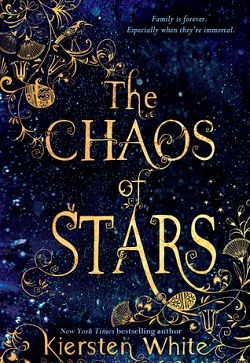
The Chaos of Stars
by Kiersten White
Isadora’s family is seriously screwed up—which comes with the territory when you’re the human daughter of the Egyptian gods Isis and Osiris.
Isadora is tired of her immortal relatives and their ancient mythological drama, so when she gets the chance to move to California with her brother, she jumps on it. But her new life comes with plenty of its own dramatic—and dangerous—complications . . .
.
Read
The Chaos of Stars on http://kissnovel.net
Martial Peak Reviews
Kiersten White's The Chaos of Stars is a captivating exploration of identity, family dynamics, and the struggle for autonomy against the backdrop of ancient mythology. The story centers around Isadora, the human daughter of the Egyptian gods Isis and Osiris, who finds herself caught in the tumultuous web of her immortal family's drama. This premise sets the stage for a narrative that is both engaging and thought-provoking, as it delves into the complexities of familial relationships and the quest for self-discovery.
From the outset, White establishes Isadora as a relatable protagonist. She is a character who embodies the frustrations of adolescence, compounded by the unique challenges of being the daughter of deities. Isadora's disdain for her family's "ancient mythological drama" resonates with anyone who has ever felt overwhelmed by their family's expectations or the weight of their legacy. This theme of wanting to break free from familial constraints is a powerful undercurrent throughout the novel, making Isadora's journey one of both physical and emotional liberation.
As Isadora moves to California with her brother, the narrative shifts from the confines of her mythological heritage to the vibrant, chaotic world of modern life. This transition is not just a change of scenery; it represents Isadora's desire to carve out her own identity separate from her divine lineage. White skillfully contrasts the ancient with the contemporary, allowing readers to appreciate the nuances of Isadora's struggle. The California setting serves as a metaphor for freedom and self-exploration, a stark contrast to the rigid expectations of her family.
Character development is a strong point in The Chaos of Stars. Isadora is not just a passive character reacting to her circumstances; she is actively seeking to understand herself and her place in the world. Her interactions with new friends and potential love interests introduce a range of emotions that further complicate her journey. The relationships she forms in California challenge her perceptions of love, loyalty, and what it means to belong. White's portrayal of these relationships is nuanced, highlighting the importance of connection while also emphasizing the need for independence.
One of the most compelling aspects of the novel is its exploration of the theme of immortality versus mortality. Isadora's family, with their godly powers and eternal lives, represents a world that is both alluring and suffocating. In contrast, Isadora's human experience is marked by the fleeting nature of life, which she grapples with throughout the story. This dichotomy raises profound questions about the value of life and the significance of human experiences. White invites readers to reflect on what it means to live fully, even in the face of inevitable loss.
The pacing of the novel is well-executed, with a balance of action and introspection that keeps readers engaged. White's writing is accessible yet evocative, allowing for moments of humor and poignancy that resonate deeply. The dialogue is sharp and witty, capturing the essence of youthful banter while also conveying deeper emotional truths. This blend of humor and seriousness adds depth to the narrative, making Isadora's journey all the more relatable.
While The Chaos of Stars stands on its own as a unique story, it also invites comparisons to other young adult novels that explore themes of mythology and self-discovery. Readers who enjoyed Rick Riordan's Percy Jackson series or Madeline Miller's Circe will find familiar threads in White's work. However, where Riordan often leans into humor and adventure, and Miller delves into the tragic aspects of myth, White strikes a balance that feels distinctly her own. She captures the essence of youthful rebellion and the desire for autonomy while weaving in the rich tapestry of Egyptian mythology.
Ultimately, The Chaos of Stars is a story about finding one's place in a world filled with expectations and legacies. Isadora's journey is not just about escaping her family's drama; it is about embracing her humanity and the chaos that comes with it. White's ability to blend mythological elements with contemporary themes creates a narrative that is both entertaining and thought-provoking.
In conclusion, Kiersten White's The Chaos of Stars is a beautifully crafted novel that resonates with readers on multiple levels. It challenges us to consider our own identities and the legacies we inherit, all while delivering a compelling story filled with humor, heart, and a touch of magic. Isadora's journey is one of self-discovery that will linger in the minds of readers long after the last page is turned. For those seeking a fresh take on mythology intertwined with the trials of growing up, this book is a must-read.




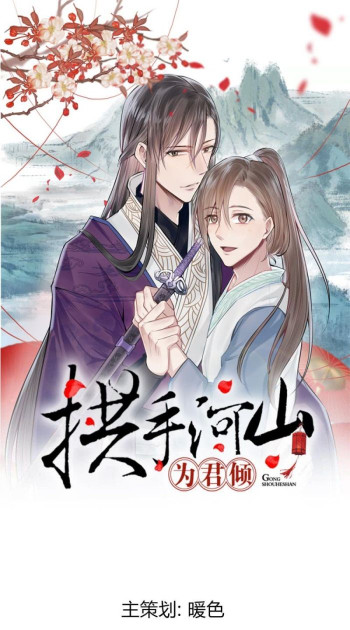
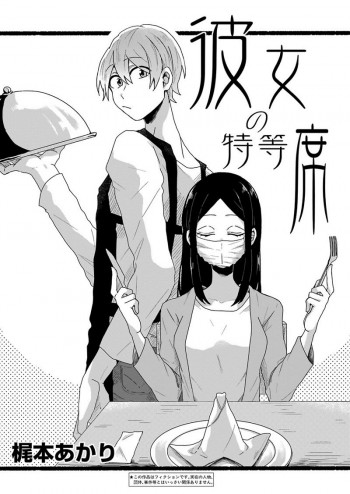

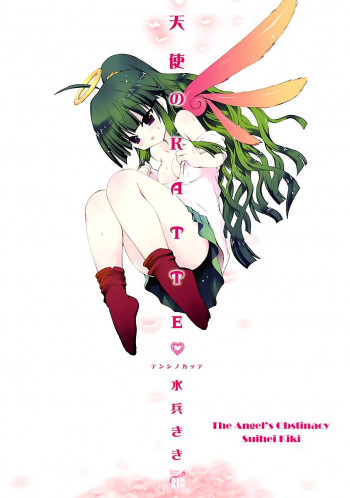
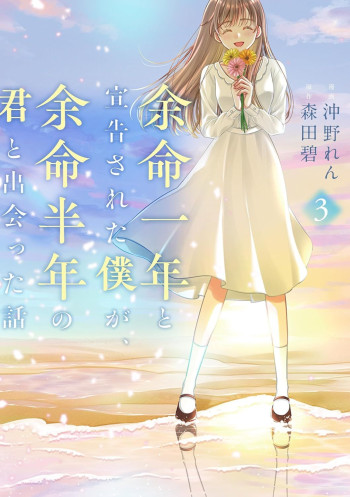
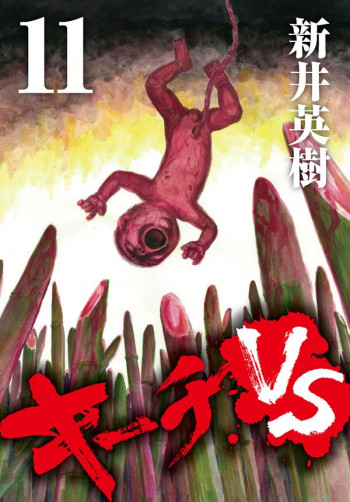


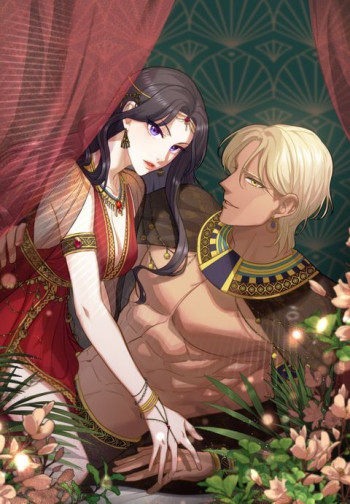











Reviews 0
Post a Reviews: